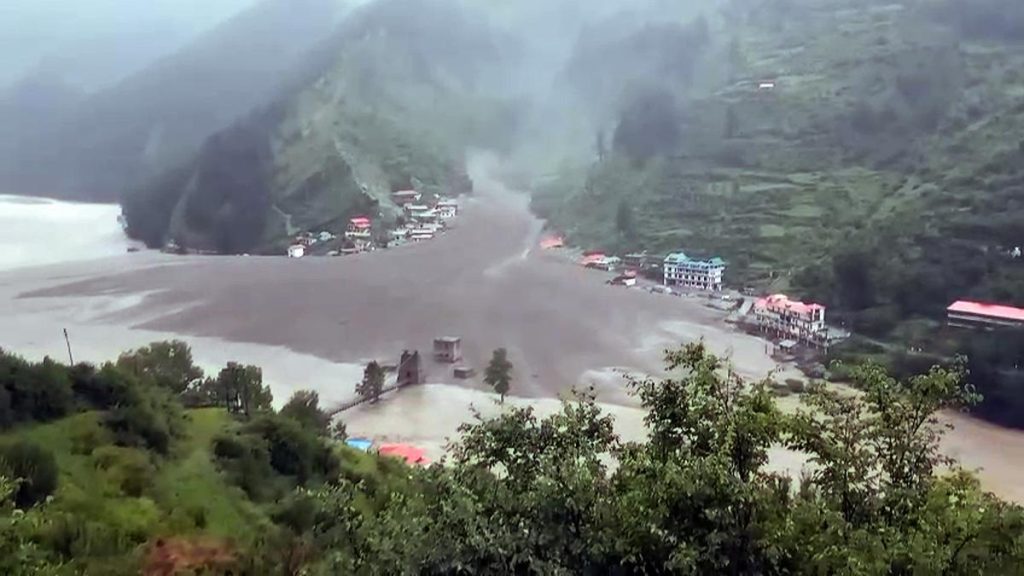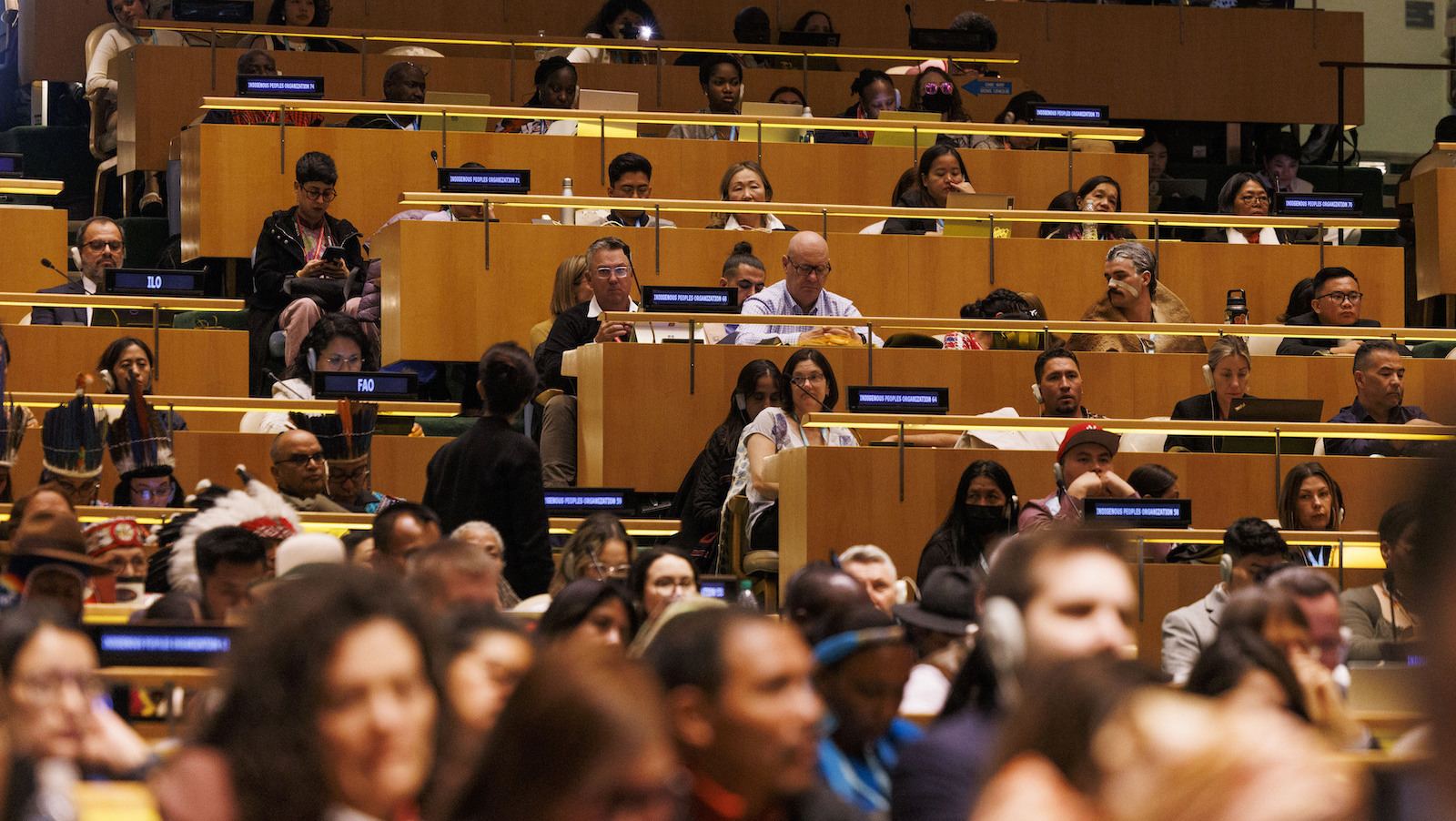Now Reading: Pro-Trump Climate Statement Faces Silence at UN Forum on Indigenous Issues
-
01
Pro-Trump Climate Statement Faces Silence at UN Forum on Indigenous Issues
Pro-Trump Climate Statement Faces Silence at UN Forum on Indigenous Issues
Fast Summary
- The United Nations Permanent Forum on Indigenous Issues (UNPFII) opened with discussions centered around the rights and challenges faced by Indigenous women.
- Multiple countries highlighted progress in supporting indigenous women, including:
– Chile: Enacting laws against gender-based violence and introducing legislation to protect cultural heritage.
– Mexico: Declaring 2025 as the “Year of the Indigenous Woman.”
– Colombia: Recognizing Indigenous women as defenders of food sovereignty,land,and knowledge systems within it’s growth plan.
- the U.S. representative Edward Heartney praised Trump’s management for its initiatives aimed at economic development for Indigenous women but faced silence from attendees when emphasizing economic empowerment over cultural preservation or justice for murdered and missing Indigenous women (MMIW).
- Colombian Minister Lena Estrada Anokazi stressed that traditional knowledge systems should be equally valued alongside scientific approaches in combating climate change.
- Gwich’in activist Quannah ChasingHorse criticized U.S. policies allowing oil and gas leasing on sacred lands without consent from Native communities, describing it as a violation of self-determination rights.
Image:
!UNPFII attendees
Indian Opinion Analysis
The divergence in perspectives at UNPFII underscores fundamental tensions between economic growth narratives and holistic approaches to cultural preservation, biodiversity protection, and justice for historically marginalized groups. While Colombia’s emphasis on integrating traditional knowledge into policy reflects progressive governance acknowledgment of enduring practices inherent to indigenous communities, critiques by figures like Quannah ChasingHorse point to ongoing global failures in securing genuine land autonomy.
Edward Heartney’s focus on job creation during Trump’s administration signals a narrower approach that marginalizes broader existential issues raised by participants-such as systemic violence against indigenous women and environmental degradation. Silence following his remarks indicates discomfort with aligning empowerment solely through economic metrics rather than addressing established grievances.
India coudl take lessons from this global dynamic in fostering better representation of tribal groups-in both environmental policymaking frameworks and advancing programs designed through consensual engagement rather than top-down processes that may inadvertently overlook critical nuances integral to safeguarding local ecosystems alongside human rights targets.

























